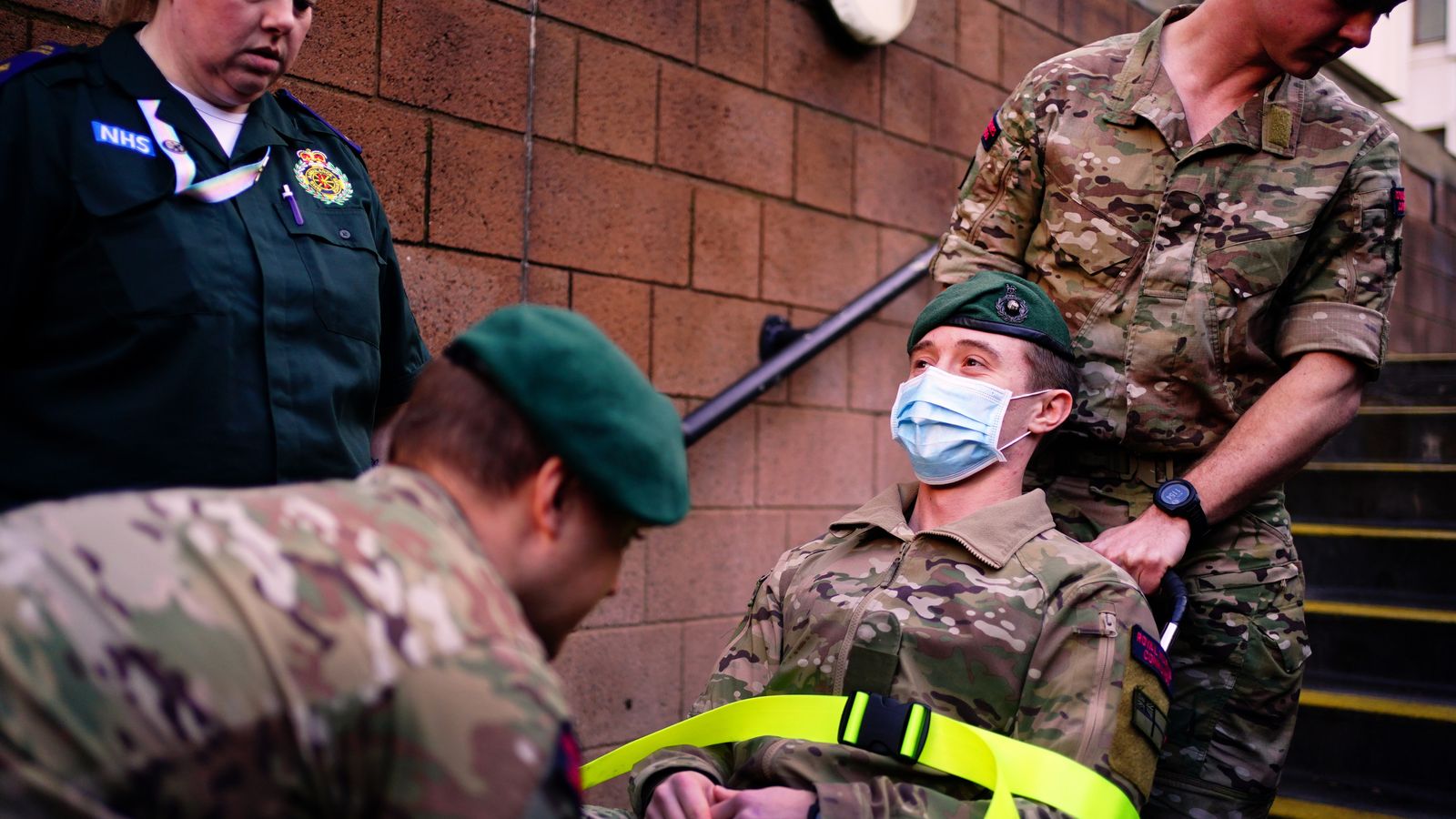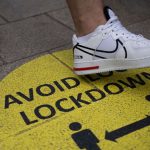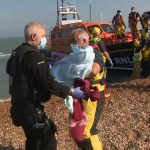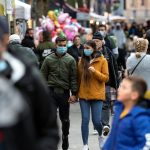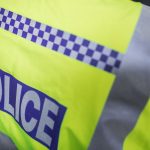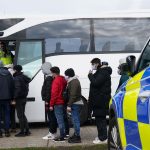There will be “a few nerves” among military personnel who are missing Christmas leave to drive ambulances during NHS strikes on Wednesday, a senior officer has said.
About 600 members of the army, navy and the RAF have been drafted in from across the country to help during the walkouts, some of whom have never driven the vehicles before.
Thousands of paramedics, technicians, control room workers and other staff in England are set to walk out in a dispute over pay and staffing levels on Wednesday.
Sunak facing MPs as nurses walk out – follow strikes updates
Lieutenant Colonel James Shaw, brigade major of the household division, said covering some of those workers will be a new experience for some personnel but troops were “confident” and had “a huge amount of initiative”.
The officer, who is overseeing training for the task at Wellington Barracks in London, said: “I think there’ll be a few nerves going out tomorrow – it’s a really important task and I think we’re incredibly proud.
“And obviously being military, you just want to do the best you can possibly do on this sort of thing, so I’m sure there will be a few nerves.”
Members of the armed forces taking part in the two days of training at the barracks said they were “nervous” but “honoured” to cover for ambulance workers, despite having to sacrifice time off.
Asked how he felt about being drafted in during the holiday, Lance Corporal Connor Roberts said: “I’m absolutely fine. I think it’s something that we’re used to, giving up our time to various things, so it’s an honour to come down and help the London Ambulance Service (LAS).”
He added: “I think it’s normal to be a little bit nervous but feeling quite honoured to come down and do my part.”
Sapper Terry Obeng said: “I’m all right, it’s better saving lives (than celebrating Christmas).”
However, the combat engineer said that responding to civilian incidents would “definitely make a difference” from the work with which he is familiar.
He said: “Definitely it’s going to make a difference, but that’s why we are here today, to train, so it won’t be that much of a surprise for us.”
He added: “An injured civilian is not an injured soldier. An injured soldier knows he is going to get injured. A civilian doesn’t know.”
Both men were among members of the armed forces who had not been behind the wheel of an ambulance until their training on Tuesday.
They have a category C licence, meaning they are familiar with driving vehicles similar to ambulances and will have received extensive annual medical training.
Personnel covering for striking ambulance workers on Wednesday will not be allowed to break red lights or turn on blue lights when driving.
All Category 1 calls (the most life-threatening, such as cardiac arrest) will be responded to during the strike action on Wednesday, while some ambulance trusts have agreed exemptions with unions for specific incidents within Category 2 (serious conditions, such as stroke or chest pain).
It means those who suffer trips, falls or other non-life-threatening injuries may not receive treatment.
Read more: How nurses’ strike will impact A&E and other NHS services – and which hospitals are affected
Click to subscribe to the Sky News Daily wherever you get your podcasts
Members of the armed forces are not due to be sent on critical emergency callouts or carry out clinical tasks but ambulance trainers have told them they should be prepared to hand equipment to their clinical partner if asked.
The strike action will come a day after ambulance and hospital trusts across the country declared critical incidents as a result of “sustained” and “unprecedented” pressure on services.
Meanwhile, nurses across the country went on strike for a second day on Tuesday.
GMB members are set to stage a second ambulance worker walkout on 28 December.
